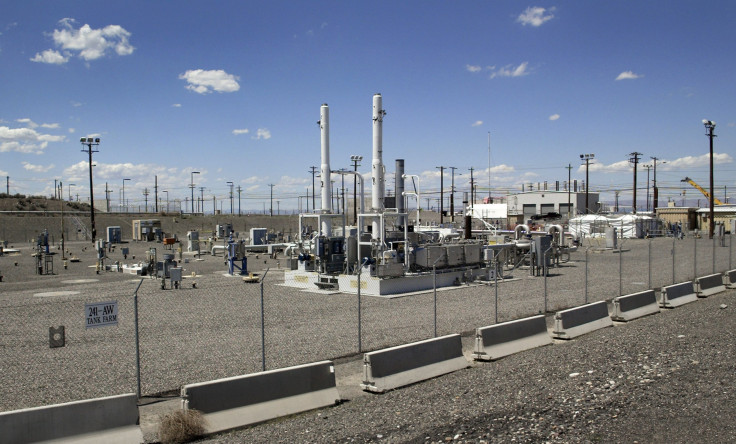Most Contaminated Nuclear Site In US: Hanford Declares Emergency After Tunnel Collapse

A nuclear site in Washington state considered to be the most contaminated in the country declared a state of emergency Tuesday after a tunnel collapsed. Workers at the decommissioned Hanford plutonium uranium extraction plant were evacuated, and those nearby were urged to take cover, secure ventilation areas and refrain from eating or drinking.
The tunnel that collapsed contained highly contaminated and radioactive materials including those that transported fuel rods, local station KING 5 reported. No workers were inside at the time and the remaining workers at the site were evacuated.
No radiation appeared to have been released as a result of the collapse, Randy Bradbury, a spokesman for the Washington Department of Ecology, told the Associated Press. Initial reports said nearby roadwork may have vibrated the grounds to the point of collapse. The Hanford Fire Department remained on scene to assess the situation.
Photo from source: Here is another view of the PUREX tunnel at Hanford. Hole from collapse seen under orange flag. pic.twitter.com/iFhTfIUJ6o
— Susannah Frame (@SFrameK5) May 9, 2017
The site, located about 200 miles southeast of Seattle, was erected during the Manhattan Project to manufacture the plutonium used in atomic bombs. It also produced more than 20 million pieces of uranium metal fuel for nine other nuclear reactors, processing 110,000 tons of fuel and discharging 56 million gallons of radioactive waste.
Plutonium production at the site ceased in the 1980s. Now the subject of a long-term environmental cleanup project, it is the most contaminated nuclear site in the United States. The site has been the subject of criticism from those who say the $40 billion cleanup project has become more difficult by lax standards while the site was functioning.
"They made the plutonium, but they did it in a very dirty way," Tom Carpenter, director of watchdog organization Hanford Challenge, told BBC News in 2014.
Concerns have been raised by those who said the plant's mismanagement could worsen the contamination.
Oregon Sen. Ron Wyden said in 2014 that the Department of Energy had a "never-ending pattern of failing to disclose what it actually knows about the conditions at Hartford," according to BBC News.
The tanks that hold the one million gallons of plutonium production by-products were built in the 1970s, leading to concerns about their stability. In 2012, one of the tanks began leaking, resulting in calls for revised plans to aid in the cleanup.
© Copyright IBTimes 2024. All rights reserved.





















